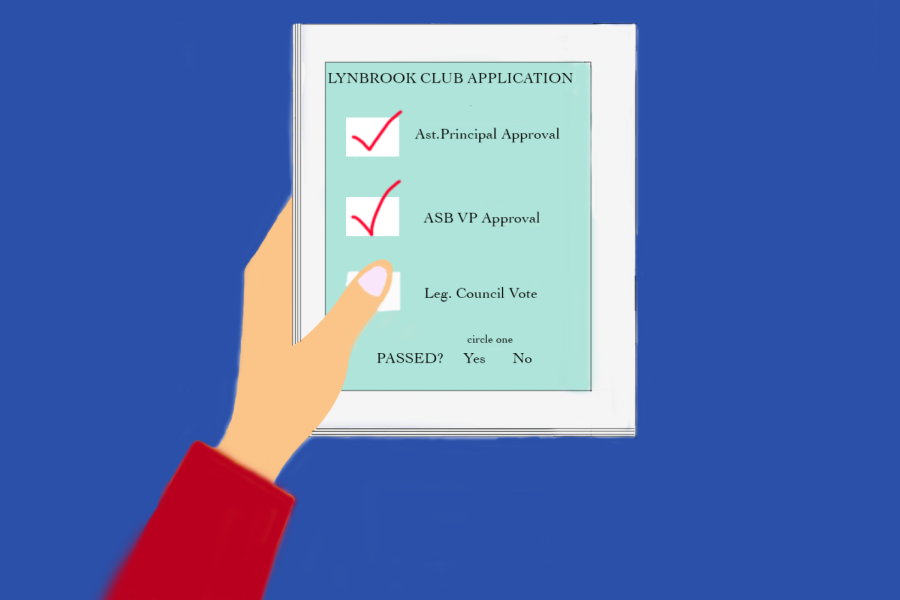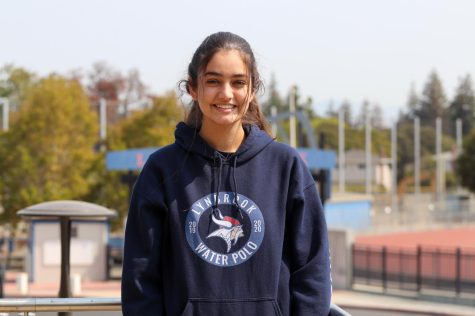Club approval and review process continues through remote learning
April 21, 2021
Every year, ASB approves new club proposals and reviews its 80 existing clubs to ensure that all contribute value to the student body. Amid the pandemic, ASB has relaxed its club review policies to accommodate remote learning challenges. Still, it has continued to receive numerous club proposals, leading to a backlog in the club approval process.
When Lynbrook abruptly transitioned to remote learning last year, ASB and the Legislative Council fell behind on club approvals. Since the Legislative Council only meets twice a month and meeting time is scarce, this created a major backlog of proposed clubs. The club approval process has therefore consumed much of the Legislative Council’s time since last year. Recently, the Legislative Council finished reviewing all pending clubs from the 2019-2020 school year, but the delay means that several clubs proposed this year will have to wait until this fall to present.
Prospective club officers must find a potential adviser, then submit a club proposal to Assistant Principal Susan Rocha outlining the meeting times and activities of their club. Rocha then passes it on to ASB, who decide whether it should be presented to the Legislative Council.
Prospective officers then must pitch their club for no more than five minutes and answer questions from the Legislative Council for three minutes afterward. Officers then exit the room, allowing the Legislative Council to discuss the merits of the club in confidence. Finally, each council member scores the club out of 25 points, considering factors from originality to long-term viability. The scores are tallied and if the total exceeds two-thirds of the total possible points, the club passes.
“The hardest part was creating concrete activities that any member could do,” said Keshav Soni, whose officer team successfully started Data Analysis and Technological Applications (DATA) Club this year. “Leg. Council votes on whether the club would be utilized by Lynbrook students so we had to make sure we had a fully developed plan for them to understand easily.”
Thirty clubs have already submitted proposals and been approved to present to the Legislative Council, but ASB only has a few weeks left in school to finish some of these approvals. With Legislative Council meetings every other week, it can prove challenging to fit in all club presentations. Legislative Council meets for a variety of issues such as approval of ASB’s budget so meetings can not be filled with too many club presentations per session. This time restraint in each meeting and the number of meetings each year extends this process.
“The only thing I would say could be improved about the process was the time. It took three months after we submitted our proposal to become a club,” Soni said.
This year, however, ASB had decided to be more lenient, acknowledging that COVID-19 has both affected officers’ abilities to connect with the community and amplified their everyday challenges.
“Unlike the usual Club Review process, we are just looking for clubs who have not put in substantial effort,” wrote ASB in its 2020-21 guidelines. “Most clubs that have consistently been meeting and running these meetings to the best of their ability do not need to worry.”
In the past year, club officers, ASB and the Legislative Council have all worked to adapt and ensure that clubs run smoothly. As the school transitions back to an in-person environment, they will rely on the support of the community to continue providing enriching experiences for all students.



































































